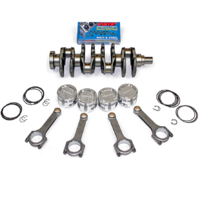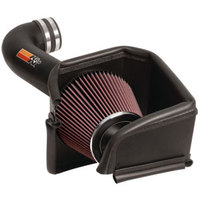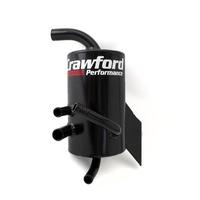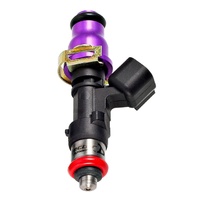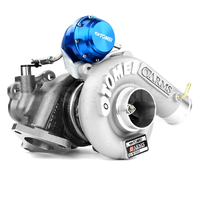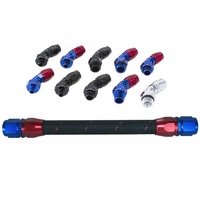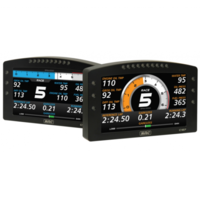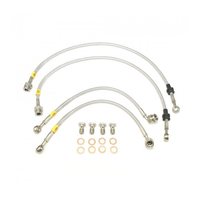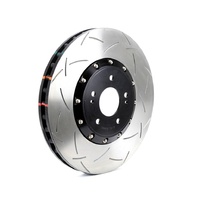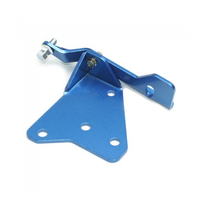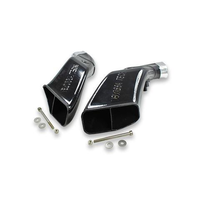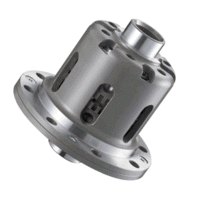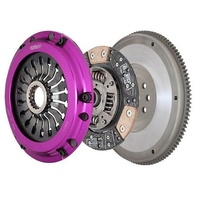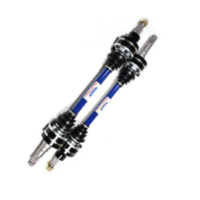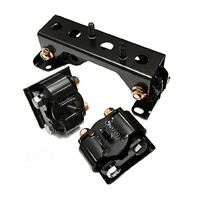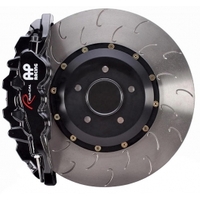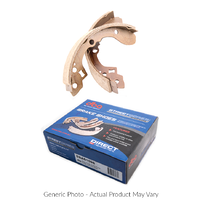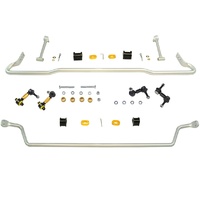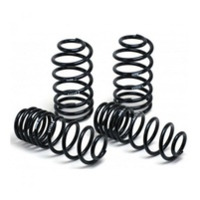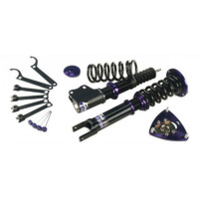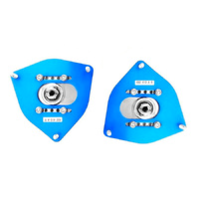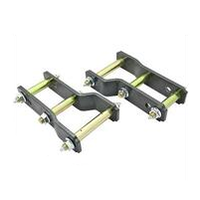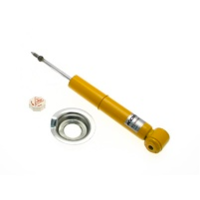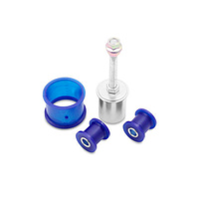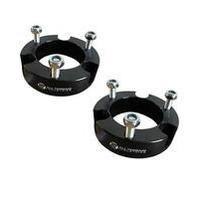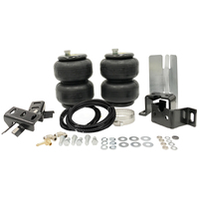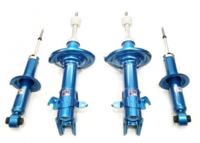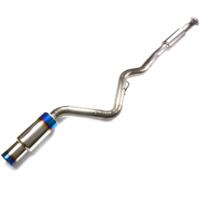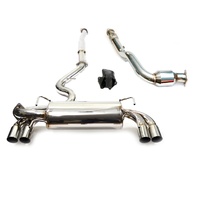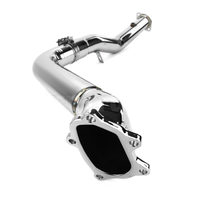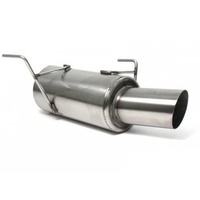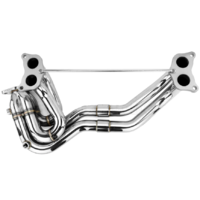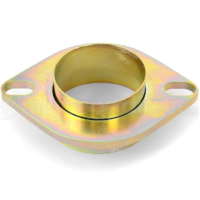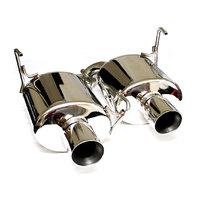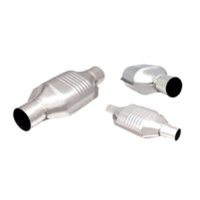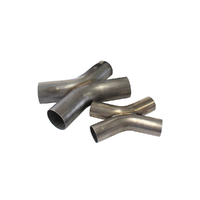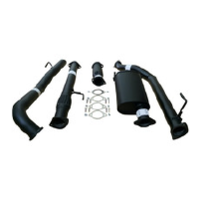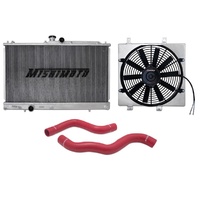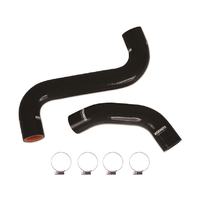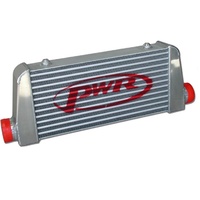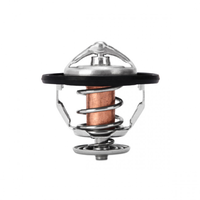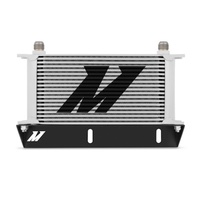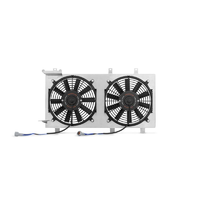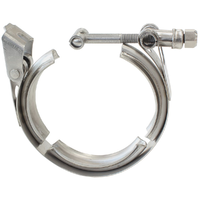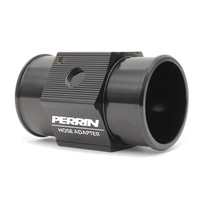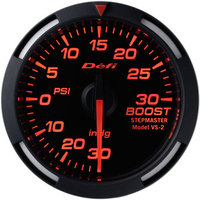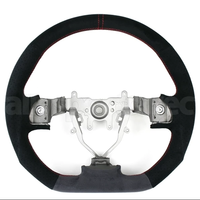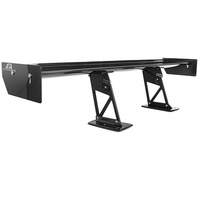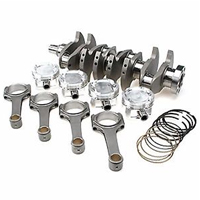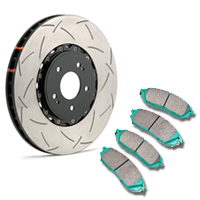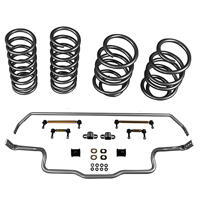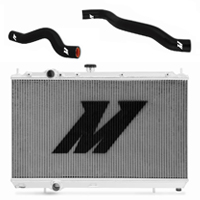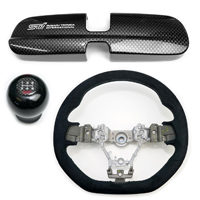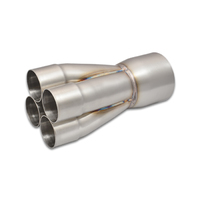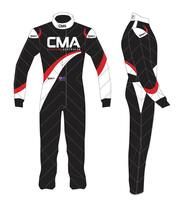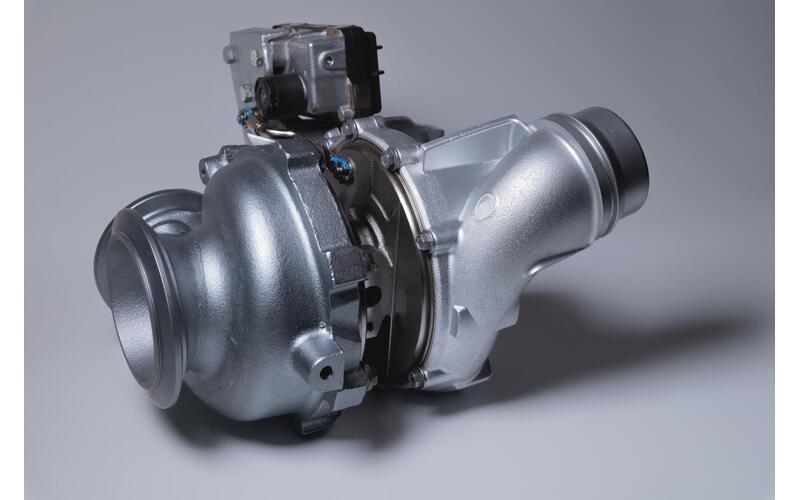Superchargers are often associated with thrilling power boosts — with Vin Diesel at the wheel defying the laws of physics, but there is more to them than that. Their impact on fuel efficiency and other benefits isn’t that well known, let alone marketed. This article aims to demystify the intricate relationship between superchargers and fuel consumption.
By exploring various factors influencing efficiency, our goal is to equip readers with the knowledge they will need in order to make informed decisions regarding their vehicle modifications. Dive in and unlock the true potential of superchargers — exhilarating performance and responsible fuel economy.
What are Superchargers?
Superchargers are mechanical devices that increase the power output of your vehicle’s internal combustion engine by forcing more air into the cylinders. This in turn translates to enhanced horsepower and torque, improved fuel efficiency, as well as a boost in drivability.
The Fuel Efficiency and Superchargers
Do superchargers increase fuel efficiency? This is a hotly debated topic. Proponents argue that superchargers can actually improve fuel efficiency by allowing engines to run at lower RPMs and produce more power without having to work as hard. This can lead to significant fuel savings, especially for larger vehicles or those towing heavy loads.
Opponents, however, argue that superchargers consume power from the engine to operate. This additional power draw can outweigh any gains in efficiency, especially when the engine is not under heavy load. Furthermore, the increased power and performance offered by superchargers can lead to heavier right feet, ultimately negating any potential fuel savings.
It's a controversial issue with each side having its backers — each car, mechanic, and specialist will tell you, is different. Some could benefit from a supercharger, others simply weren’t thought up or engineered with one in mind.
How Superchargers Work
Superchargers function by using a belt-driven system to compress the incoming air, which increases its density and oxygen content. This denser air allows the engine to burn more fuel and produce more power.
Here's a breakdown of the process:
- Air intake: Air enters the supercharger through an intake filter.
- Compression: The air is then compressed by a rotating impeller.
- Increased pressure: The compressed air is then forced into the engine's intake manifold at a higher pressure than atmospheric pressure.
- More fuel: With more air available, the engine can inject more fuel, resulting in a more powerful combustion process.
- More power: This powerful combustion process produces more power and torque for the engine.
Superchargers vs Other Forced Induction Systems
Superchargers and turbochargers hold some key differences:
Power Source:
- Superchargers are driven by the engine's crankshaft through a belt mechanism, compressing the incoming air.
- Turbochargers are powered by the engine's exhaust gases, which drive a turbine that is connected to a compressor. This compressor constricts the intake air.
Response and Boost Delivery:
- Superchargers deliver immediate power and torque, even at low RPMs.
- Turbochargers have a slight delay in response due to the time it takes for the exhaust gases to spin up the turbine and build enough pressure to produce a noticeable boost.
Efficiency:
- Superchargers consume a small portion of the engine's power output to operate, so they can be slightly less efficient.
- Turbochargers make use of the engine's exhaust gases to generate a boost, resulting in better efficiency and reduced parasitic loss.
Cost:
- Superchargers tend to be simpler and easier to install.
- Turbochargers are the most cost-effective as they involve more complex plumbing and intercooling solutions.
Superchargers — Impact on Power and Performance
Here's a breakdown of the impact on the power and performance of superchargers:
Increased Horsepower:
Increase horsepower by as much as 50%, depending on the specific engine and setup, improving acceleration and top speed.
Increased Torque:
Increase torque by a significant amount, which can improve the engine's performance at lower RPMs.
Improved Responsiveness:
The extra power and torque make the engine feel more responsive and eager to rev.
Improved Overall Performance:
Horsepower, torque, and responsiveness can lead to an improvement in overall performance.
Supercharges and Decreased Fuel Efficiency— Fact or Myth?
Let’s explore the controversy:
- Parasitic Loss: As superchargers consume power from the engine to operate, this power draw can reduce overall fuel efficiency.
- Increased Power Temptation: The additional power can lead drivers to accelerate heavily and exceed speed limits, translating to lower fuel efficiency.
- Rich Fuel Mixture: For optimal performance, supercharged engines often require a richer air-fuel ratio, meaning more burn fuel and contributing to decreased efficiency.
- Engine Modifications: Supercharger installations require additional modifications to the engine, sometimes negatively impacting fuel efficiency.
Myths about Superchargers — Breaking Them Down
Superchargers Inherently Decrease Fuel Efficiency
Supercharged can be designed with advanced fuel injection systems, variable valve timing, and other efficiency-enhancing features to mitigate the impact on fuel economy.
Superchargers are Solely Performance Boosters
Superchargers can also enhance low-end torque, providing better acceleration and responsiveness in everyday driving situations.
Superchargers are Always Detrimental to Engine Longevity
Supercharger technology can improve engine longevity by maintaining lower cylinder temperatures, reducing stress on internal engine components, and providing better lubrication due to increased oil flow.
Superchargers are Inherently Inefficient
Manufacturers have developed more efficient supercharger designs, which can minimize energy losses and operate more efficiently.
The Impact of Superchargers on Engine Efficiency
Increased Power Output
Allow engines to burn more fuel and produce more power, which can lead to greater efficiency at higher loads.
Parasitic Power Draw
The parasitic loss can be significant, especially at lower engine speeds and when the supercharger is not boosting.
Air-Fuel Ratio
A richer air-fuel ratio is needed for optimal performance, which translates into burning more fuel for the same amount of power, leading to decreased efficiency.
Boost Pressure
Low boost levels might not have a significant negative impact on fuel economy, while excessively high boost can significantly reduce efficiency.
Superchargers and Optimized Power
- Boost Management Systems: Control the boost pressure based on engine speed and load, allowing precise tailoring of the power output to the needs of the moment, minimising unnecessary fuel consumption.
- Variable-Displacement Engines: When less power is needed, the engine can run on fewer cylinders, reducing fuel consumption while still maintaining adequate performance.
- Supercharger Bypass Valves: Allow air to bypass the supercharger under certain conditions, contributing to improved fuel economy.
Your Driving Style and Superchargers
Different driving habits can significantly impact fuel economy. Here's how:
- Frequent Boost: Frequent acceleration and high speeds lead to more frequent boost activation, resulting in decreased fuel efficiency.
- High RPMs: Maintaining high RPMs while driving unnecessarily contributes to higher fuel consumption.
- Anticipation and Smooth Driving: Anticipating traffic flow and driving smoothly, minimises unnecessary acceleration and braking, leading to improved fuel economy.
- Utilizing Cruise Control: Helps maintain a constant speed, improving fuel efficiency.
To Supercharge or Not?
While superchargers are known for boosting power, they can also be surprisingly fuel-efficient under the right conditions. Technological advancements like fuel atomization, combustion improvements, and boost management systems can optimise power delivery for efficiency. Still, misconceptions about superchargers solely lowering fuel economy persist. It's crucial to dispel these myths and understand the nuanced impact of driving style, environmental factors, and engine setup on efficiency.
When considering a supercharger installation, research different options, consult with experts, and adopt conscious driving habits to maximise its benefits and fuel economy. Remember, informed decisions lead to both exciting performance and responsible fuel consumption.


